Edwin Hubble
Early Life and Education
Edwin Powell Hubble was born on November 20, 1889, in Marshfield, Missouri, to Virginia Lee Hubble (née James) and John Powell Hubble. His father was an insurance executive, and his mother was a housewife. Hubble was the third of seven children.
Hubble's early education was in a public school system in Missouri. He showed an early interest in astronomy, often gazing at the stars and reading books on the subject. He graduated from high school in 1906 and was awarded a scholarship to the University of Chicago, where he studied mathematics and astronomy.
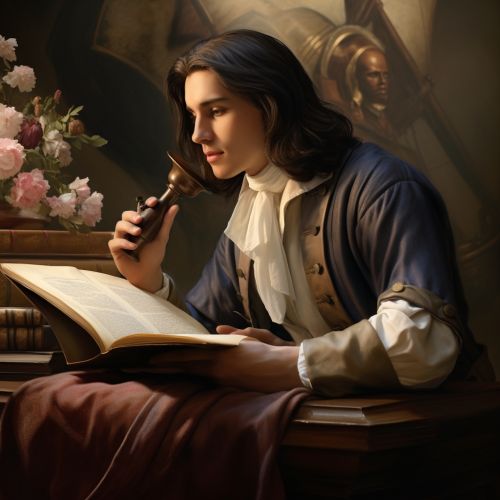

In 1910, Hubble received his Bachelor of Science degree in astronomy. He then went on to study law at The Queen's College, Oxford, as a Rhodes Scholar. He completed his studies in 1913 and returned to the United States, where he practiced law in Louisville, Kentucky, for a short time before deciding to return to his true passion, astronomy.
Career and Discoveries
In 1914, Hubble began his career at the Yerkes Observatory of the University of Chicago as a research assistant. He worked under the guidance of astronomer Edwin Frost. During this time, he also pursued his Ph.D. in astronomy, which he received in 1917.
Hubble's career was interrupted by World War I. He enlisted in the U.S. Army and served in France. After the war, he returned to his work at Yerkes Observatory. In 1919, he was offered a position at the Mount Wilson Observatory in California, where he would make his most significant discoveries.
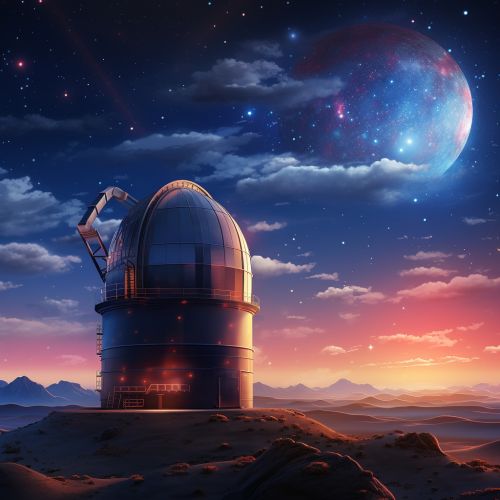
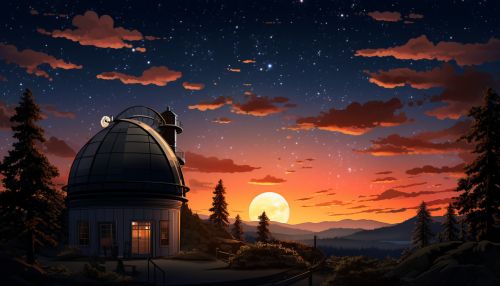
At Mount Wilson, Hubble made two groundbreaking discoveries that changed our understanding of the universe. First, he discovered that the universe is expanding. He observed that galaxies were moving away from each other, a phenomenon now known as "Hubble's Law". This discovery led to the development of the Big Bang Theory, which posits that the universe began as a single point and has been expanding ever since.
Hubble's second major discovery was that there are galaxies beyond the Milky Way. Prior to this, astronomers believed that the Milky Way was the entire universe. Hubble's observations of the Andromeda Nebula led him to conclude that it was, in fact, a separate galaxy. This discovery dramatically increased the known size of the universe.
Later Life and Legacy
In the later years of his career, Hubble continued to make significant contributions to astronomy. He classified galaxies according to their shapes, a system known as the Hubble Sequence. He also advocated for the establishment of a national observatory, which led to the creation of the Palomar Observatory in California.
Hubble's health began to decline in the 1940s. He suffered a heart attack in 1949 and was forced to limit his work. He died on September 28, 1953, in San Marino, California.
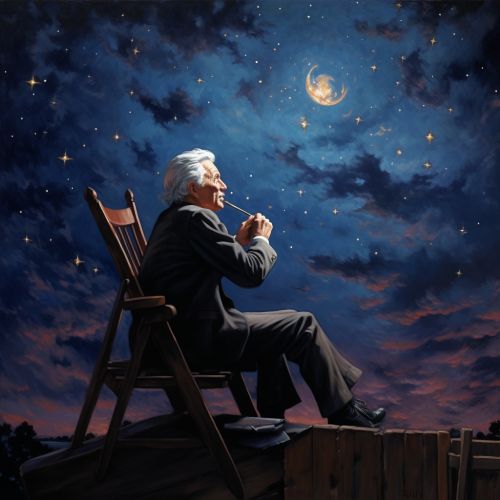
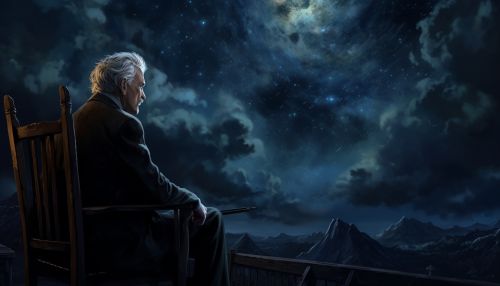
Hubble's legacy in the field of astronomy is immense. His discoveries fundamentally changed our understanding of the universe. The Hubble Space Telescope, launched in 1990, was named in his honor. Today, it continues to provide stunning images of distant galaxies, serving as a testament to Hubble's pioneering work.
